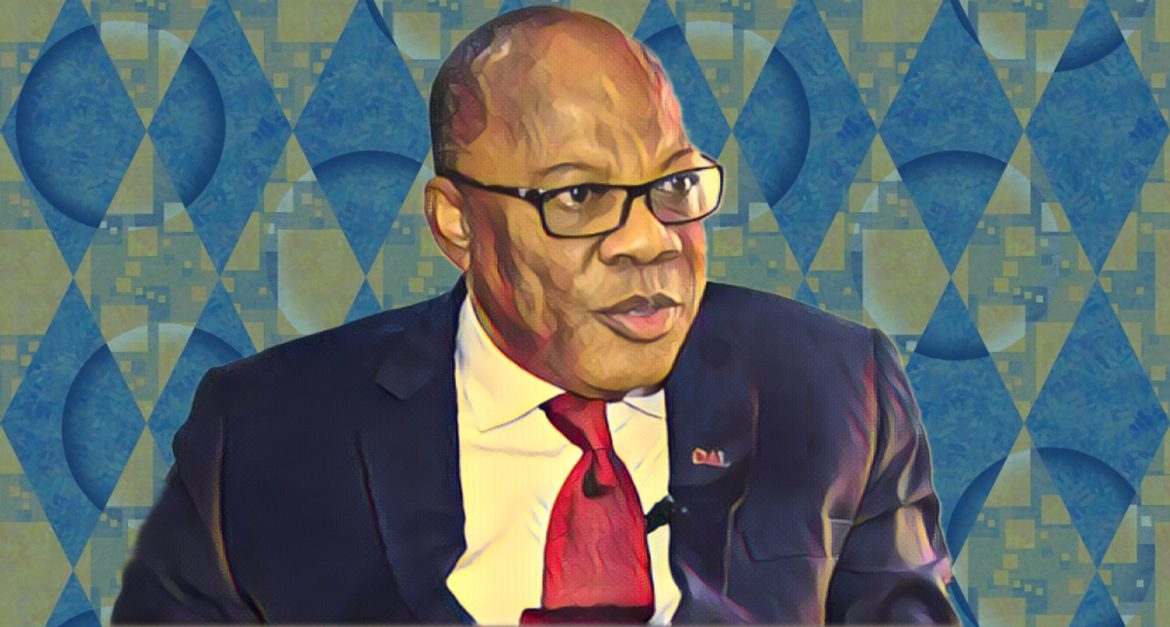In a world where unity and national cohesion are more important than ever, Nigeria finds itself at a pivotal juncture. The country’s ability to discuss and decide on its collective future remains a crucial issue. The assumption that Nigeria’s diverse ethnic groups naturally desire unity is increasingly questioned.
According to a report by The Guardian, this sentiment was echoed in recent remarks about the successful emergence of nations from the former Yugoslavia, like Croatia, Macedonia, Slovenia, and Slovakia, showcasing that a singular national identity is not the only path to prosperity.
As Nigeria navigates these turbulent waters, the focus shifts to President Tinubu’s governance. The analogy of a structural engineer who refuses to build a high-rise on a weak foundation is apt. For Nigeria, building a new future on a fragile governance structure is unfeasible. The nation, plagued by violence and unrest in regions such as Jos, Benue, Nassarawa, and Abuja, needs to first establish peace and security as the bedrock of good governance.
History offers valuable lessons, as seen in Europe’s turbulent transition from Catholic to Protestant dominance, which was only resolved through strategic peace-building efforts. Similarly, Nigeria’s first step must be to organise peace. The country cannot hope to develop amidst continuous internal strife and reliance on military solutions, which history has shown to be ineffective in irregular warfare scenarios.
Reflecting on Nigeria’s pre-1914 era raises questions about the true ‘owners’ of the country. The exclusion of key ethnic stakeholders, such as the Benin Kingdom with its historical significance, from the national developmental process is a glaring oversight. The inclusion of groups like Ohanaeze, PANDEF, and Afenifere is vital for shaping a peaceful and prosperous Nigeria.
The issue of constitutional reform is another critical aspect. The current lack of acceptance and legitimacy of Nigeria’s constitution highlights the need for a process that truly represents the people. A shift towards a looser federation, allowing states to become economic drivers, could be a solution. President Tinubu’s leadership is pivotal in facilitating constitutional replacement and devolution of powers.
In terms of the judiciary, the recent decline in its integrity and independence, especially during the 2023 elections, underscores the need for comprehensive reforms. The National Assembly’s role in judicial administration, as distinct from the administration of justice, must be harnessed to strengthen the judiciary, an essential pillar for national growth.
Turning to economic policies, President Tinubu faces the daunting task of mitigating the hardships arising from necessary yet painful decisions, such as the removal of fuel subsidies. The focus should be on transparent, institutional palliative measures that can have a widespread and tangible impact.
In conclusion, Nigeria stands at a crossroads. The path forward requires a concerted effort to build peace, foster inclusivity, reform governance structures, and implement judicious economic policies. The journey is fraught with challenges, but with informed leadership and a commitment to collective progress, Nigeria can aspire to reach new heights of unity and prosperity.


